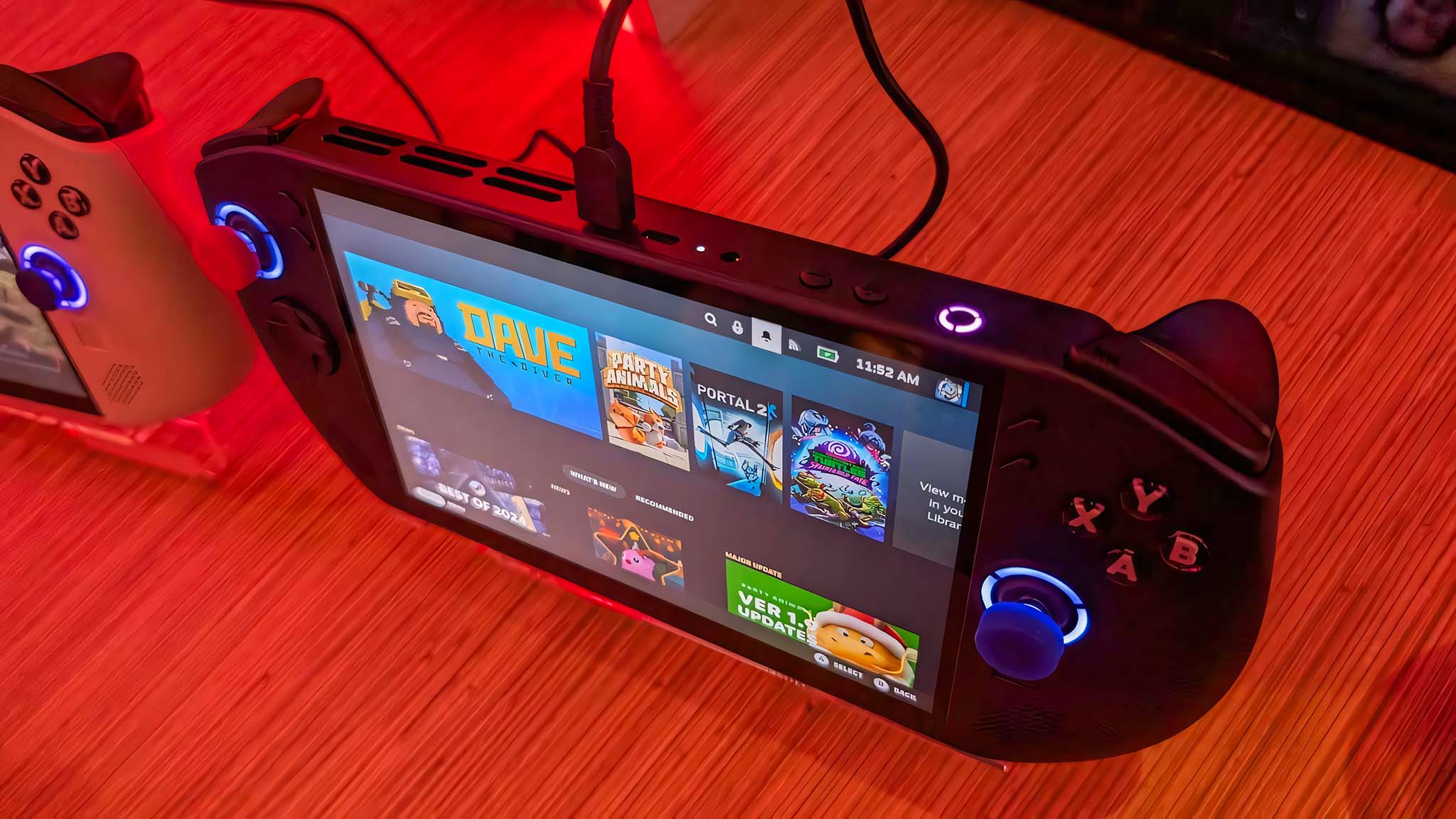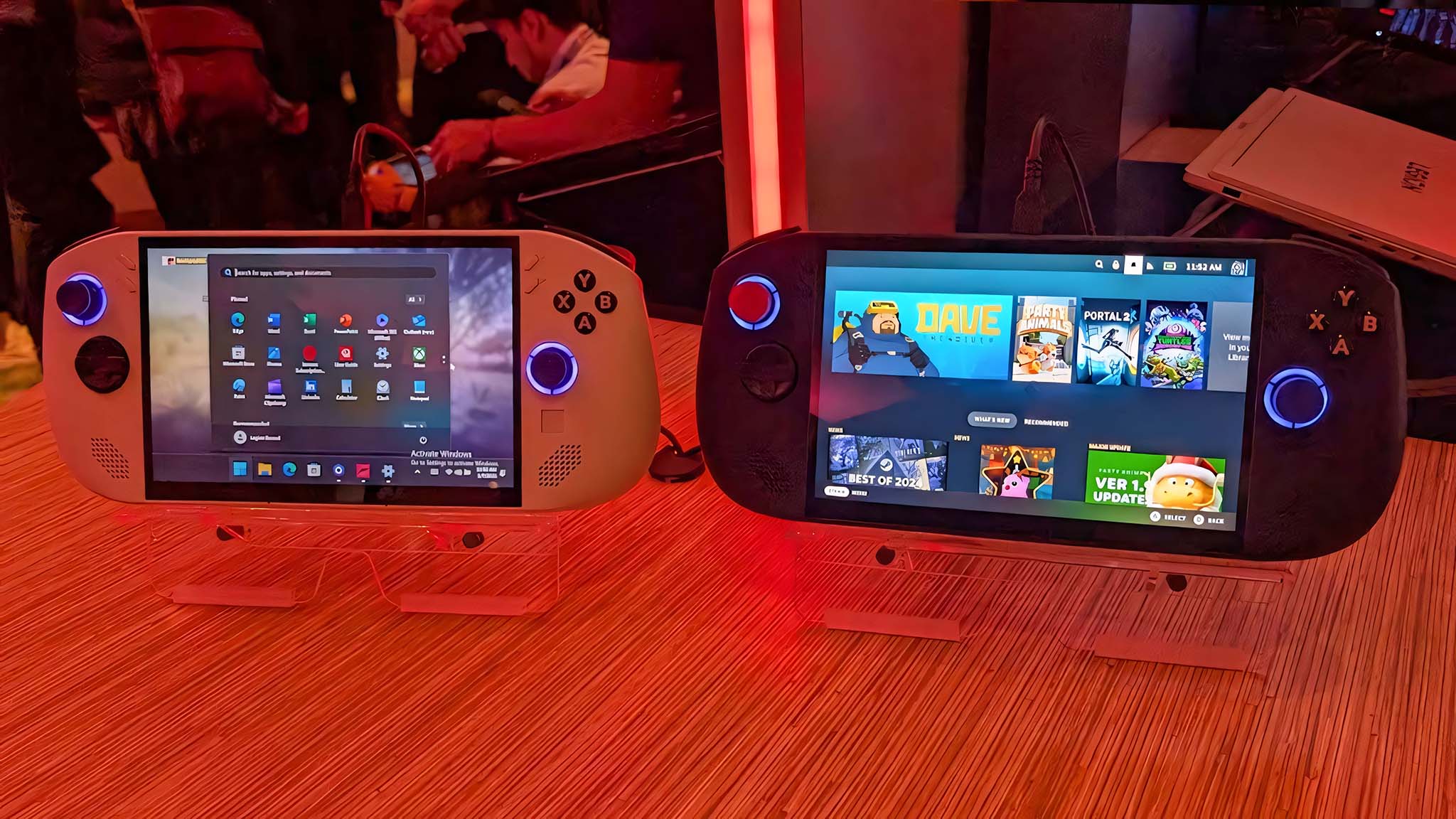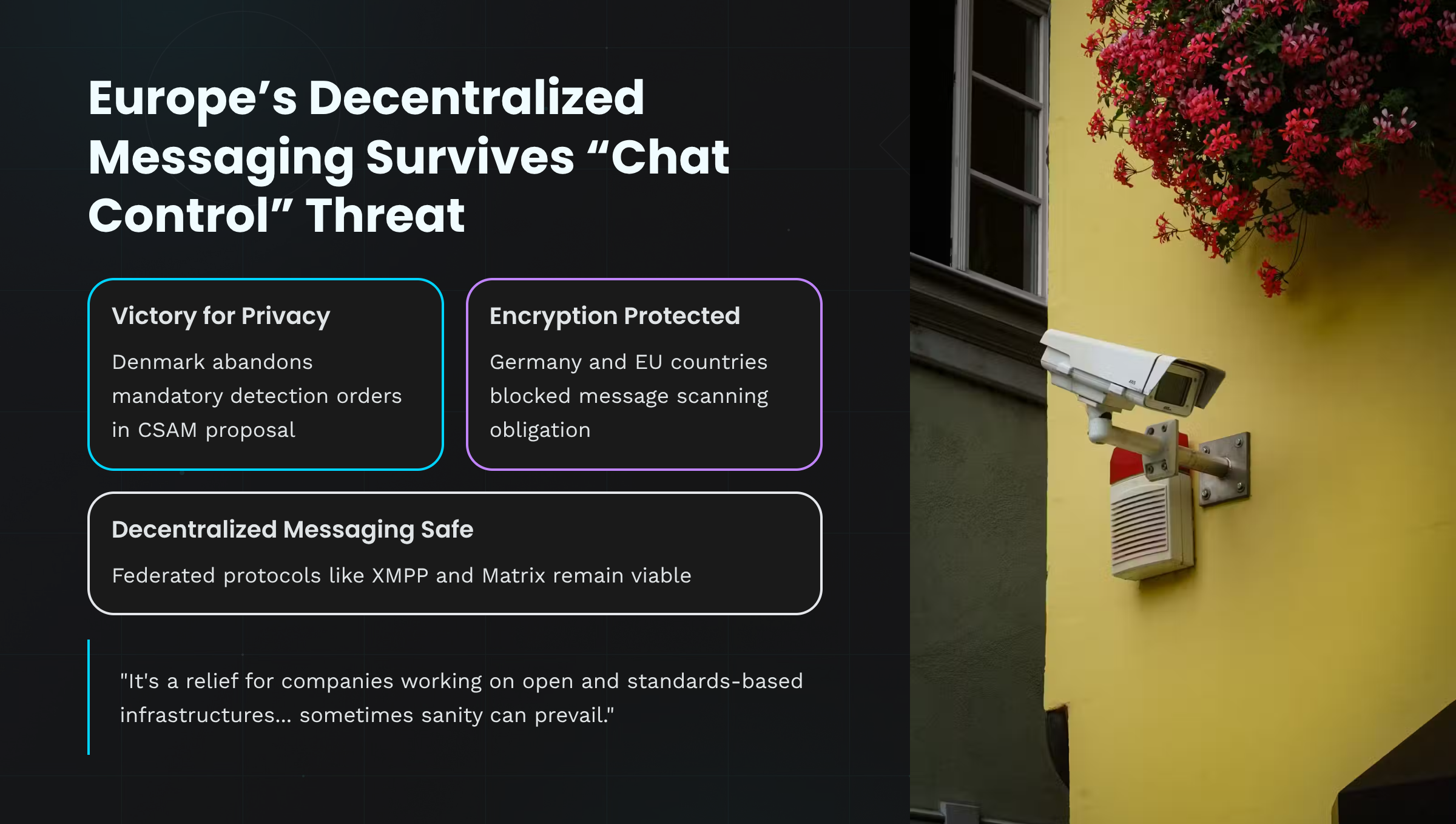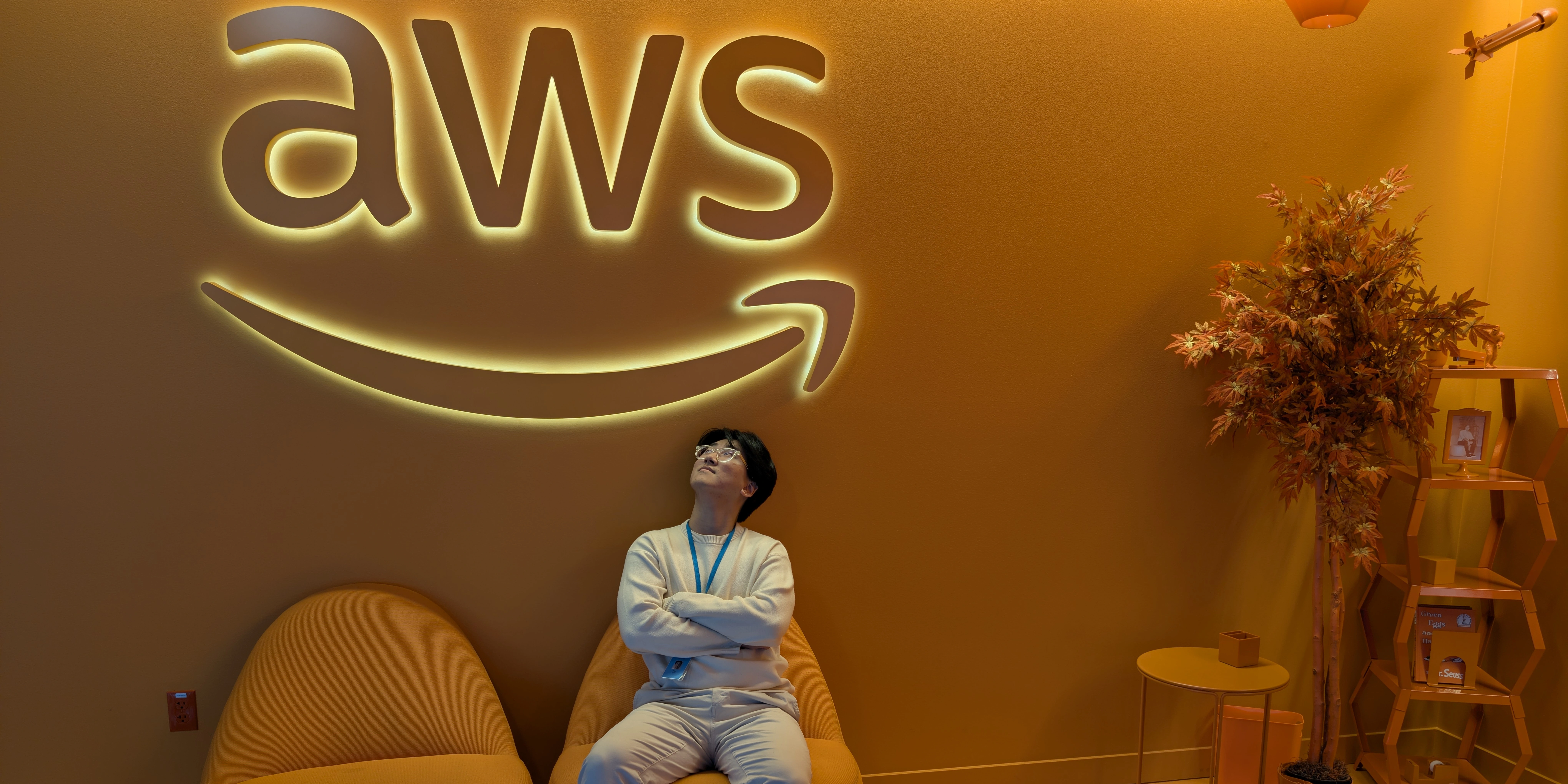This will most likely come as a shock to nobody, but in early head-to-head comparisons with official support on identical hardware, SteamOS seems to run rings around Windows 11 for gaming performance.
SteamOS presents something of an existential threat to Microsoft and Windows 11, at least with gaming consumers. As Microsoft doubles down on making Windows 11 bloated with features nobody really asked for, performance has taken a hit.
Windows 11 remains the world's most popular operating system by a country mile, but Microsoft's approach to user privacy and bloatware has customers looking for alternatives in increasing numbers. Linux, being fully open source, is increasingly becoming that de facto alternative option. It was once held back by its compatibility with PC games, but thanks to Valve and SteamOS' Proton layer, those days are increasingly in the past.
With compatibility solved for the vast majority of games on Steam, users have been eager to figure out if SteamOS offers greater performance as well. Distros like Bazzite have given us a glimpse into how purpose-built gaming operating systems might function on typical PC gaming hardware — but on systems where every shred of juice matters, like PC gaming handhelds, it has been well established that Windows 11 is both a performance and battery hog. We now have some officially-supported direct comparisons between identical PC gaming handheld hardware, and for Windows 11, it's a total bloodbath.
Swipe to scroll horizontally
Game | Legion Go S SteamOS | Legion Go S Windows |
Cyberpunk | 59 FPS | 46 FPS |
Helldivers 2 | 70 FPS | 65 FPS |
Doom Eternal | 75 FPS | 66 FPS |
Spiderman 2 | 63 FPS | 64 FPS |
Witcher 3 | 76 FPS | 66 FPS |
In a pretty brutal video by Dave2D, we've got a glimpse now at just how much performance can differ between the Windows 11 and SteamOS versions of the Legion Go S.
When the Legion Go S initially launched with Windows 11, it was criticized for its performance and battery life — the Z1 Extreme Legion Go from yesteryear seemed like a far better option in almost every regard, save for ergonomics. Now, in partnership with Valve, the Legion Go S with SteamOS is here, and it makes a far better case for the hardware within.
Perhaps even more damning was Dave2D's analysis of battery life. Running 2D games, the Lenovo Legion Go S with SteamOS absolutely destroys Windows, offering slightly over 6 hours of gameplay in indie titles like Dead Cells, compared to Windows' middling 2.75 hours. Battery performance on higher-end games like Cyberpunk 2077 was relatively similar, but the fact you can grab immense battery gains on graphically-light side-scrolling titles is an indictment of Windows 11's battery efficiency in general.
Can it be fixed?

Our Legion Go S review is literally titled "disappointing, but SteamOS could save it," and it certainly seems like that is going to be the case here. We'll have full comparisons of our own in the coming days, but the results from various techtubers and other outlets seem to suggest Windows 11 users are absolutely getting the short end of the stick here.
The saving grace of Windows 11 has always been compatibility. Kernel-level anti-cheat presents issues on some games via Proton and SteamOS, and Windows 11 has full and easy compatibility with every PC gaming launcher on the market, including PC Game Pass, the Riot Client, and so on. However, I would argue it's easier for SteamOS to solve getting additional launchers onto its platform than it might be for Microsoft's notoriously slow and lumbering Windows team to improve gaming performance on its devices.
Windows 11 has been the subject of increasingly intense criticism over the past few years. From baked-in ads into the shell, to privacy-busting telemetry, to bloated features nobody really asked for. Microsoft's efforts with Windows 11 have arguably fallen well below CEO Satya Nadella's previous "we want people to love Windows" comments from early on in his tenure, as user feedback seems thrown in the shredder.
Microsoft has its own PC-oriented gaming development efforts in the pipeline, revolving around the next Xbox console and, potentially for upcoming PC gaming handhelds like Project Kennan. The next Xbox is known to be more PC-oriented than ever, and might lean more heavily into bespoke built-for-purpose design conventions than Windows 11's all-encompassing approach. But, I've been covering Microsoft long enough to keep my expectations in check.
Indeed, Windows has something like 70% market share for desktop operating systems. But, so did Internet Explorer in years past. All it took was a customer-focused challenger to evaporate that market share at a lightning cadence.
.png)




